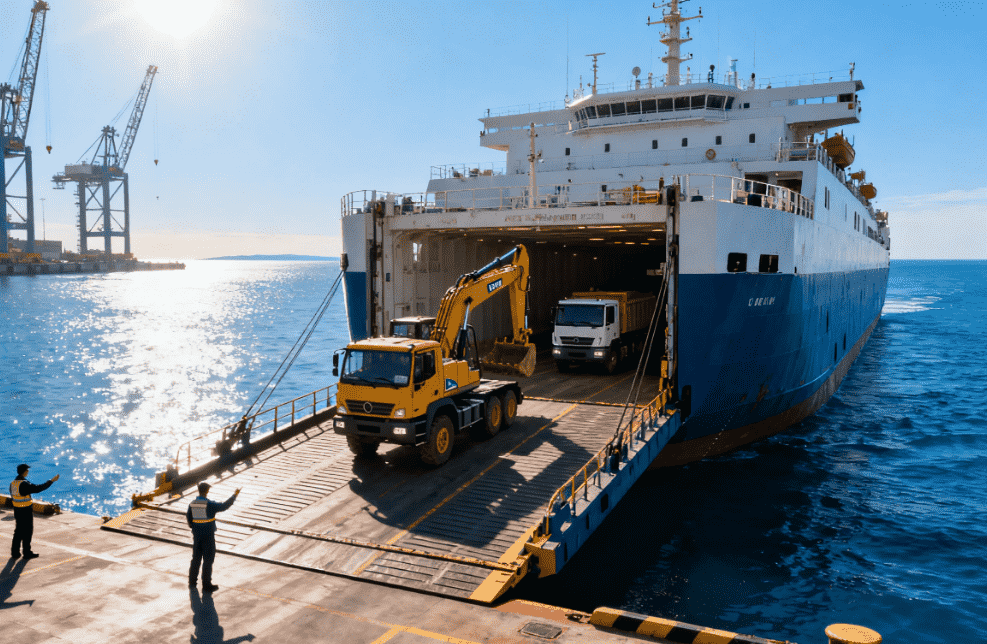
The global logistics landscape is evolving rapidly, with international trade between China and Sudan gaining momentum. For businesses exporting goods from China to Sudan, understanding the intricacies of custom clearance is vital to ensure seamless operations. As a leading cargo agent specializing in logistics solutions from China to Sudan, we recognize the challenges exporters face, from documentation complexities to regulatory compliance. This blog provides a comprehensive guide to navigating custom clearance, offering insights into freight service optimization and compliance strategies.
1. Overview of China-Sudan Trade Dynamics
China and Sudan share a robust trade relationship, with China exporting machinery, electronics, textiles, and consumer goods to Sudan. In return, Sudan supplies agricultural products and raw materials. The growing demand for Chinese goods in Sudan underscores the need for efficient logistics solutions. However, exporting to Sudan involves navigating unique customs regulations, tariffs, and documentation requirements.
A reliable cargo agent plays a pivotal role in bridging gaps between exporters and Sudanese customs authorities. By leveraging expertise in freight service management, agents ensure compliance while minimizing delays.
2. Key Steps in Custom Clearance from China to Sudan
2.1 Pre-Shipment Preparation
Successful custom clearance begins with meticulous pre-shipment planning. Exporters must:
- Verify Product Classification: Assign accurate Harmonized System (HS) codes to goods. Misclassification can lead to penalties or delays.
- Secure Necessary Permits: Certain goods, such as electronics or chemicals, require import licenses from Sudan’s Ministry of Trade.
- Prepare Documentation: Essential papers include the commercial invoice, packing list, bill of lading, and certificate of origin.
A professional cargo agent can streamline this process by validating documents and advising on regulatory requirements.
2.2 Choosing the Right Freight Service
Selecting the appropriate freight service is critical. Options include:
- Air Freight: Ideal for time-sensitive or high-value goods, though costlier.
- Sea Freight: Cost-effective for bulk shipments, with transit times ranging from 20–30 days.
- Land Transport: Used for goods transiting through neighboring countries like Egypt.
Partnering with a logistics solutions provider ensures access to optimized routes and competitive pricing.
2.3 Customs Declaration and Inspection
Upon arrival in Sudan, goods undergo customs declaration. Key steps include:
- Submission of Documents: The importer or their agent submits the Single Administrative Document (SAD) and supporting papers.
- Customs Duty Assessment: Sudan applies a tiered tariff system, with duties ranging from 0% to 40%.
- Physical Inspection: Customs may inspect cargo for compliance with declared values and safety standards.
Delays often occur due to incomplete paperwork or discrepancies in valuation. A seasoned cargo agent can mitigate risks by pre-clearing shipments and coordinating with Sudanese authorities.
3. Common Challenges in China-Sudan Custom Clearance
3.1 Documentation Errors
Inaccurate invoices or missing permits are frequent culprits. For example, failing to include a certificate of origin may result in higher duties.
Solution: Work with a cargo agent to audit documents before submission.
3.2 Regulatory Changes
Sudan’s customs policies, including tariff adjustments or import bans, can disrupt shipments.
Solution: Stay updated via official channels or partner with a logistics solutions provider monitoring regulatory shifts.
3.3 Payment of Duties and Taxes
Importers must pay duties in Sudanese Pounds (SDG) within 15 days of declaration. Late payments incur penalties.
Solution: Use a freight service that offers integrated payment solutions to avoid delays.
4. Role of a Cargo Agent in Streamlining Clearance
A cargo agent acts as an intermediary between exporters and Sudanese customs, offering:
- Regulatory Expertise: Navigating Sudan’s import laws, including restricted items like pharmaceuticals.
- Documentation Management: Ensuring all papers meet Sudan’s standards.
- Advocacy: Resolving disputes with customs authorities efficiently.
For instance, Winsail Logistics provides end-to-end support, from HS code verification to post-clearance tracking, ensuring compliance and efficiency.

5. Optimizing Logistics Solutions for China-Sudan Trade
5.1 Technology Integration
Modern logistics solutions leverage digital tools for real-time tracking, automated documentation, and compliance checks.
Example: Using blockchain for secure document sharing reduces fraud risks.
5.2 Consolidation Services
Small exporters can reduce costs by consolidating shipments with other businesses.
Benefit: Lower per-unit freight charges and simplified customs processes.
5.3 Sustainability Practices
Eco-friendly packaging and carbon-neutral freight service options appeal to environmentally conscious importers.
Impact: Enhances brand reputation and aligns with global sustainability goals.
6. Case Study: Successful Custom Clearance via Winsail Logistics
A Chinese electronics manufacturer faced delays due to incorrect HS codes. By partnering with Winsail Logistics, the company:
- Received HS code correction guidance.
- Utilized air freight for urgent components.
- Cleared customs within 48 hours of arrival.
Outcome: The client saved 15% on duties and avoided production downtime.
7. Future Trends in China-Sudan Logistics
7.1 Digital Customs Platforms
Sudan is adopting electronic customs systems to expedite clearance. Exporters must adapt to digital submissions.
7.2 Regional Trade Agreements
Sudan’s participation in the African Continental Free Trade Area (AfCFTA) may reduce tariffs for intra-African trade.
7.3 Enhanced Security Measures
Stricter security protocols for high-risk goods will impact clearance timelines.
8. Conclusion: Navigating Custom Clearance with Confidence
Exporting from China to Sudan demands a blend of regulatory knowledge, strategic planning, and reliable partnerships. By collaborating with a cargo agent and leveraging advanced logistics solutions, businesses can overcome challenges like documentation errors, regulatory shifts, and duty payments.
Key Takeaways:
- Prioritize accurate documentation and HS code classification.
- Choose the right freight service based on cost, speed, and cargo type.
- Stay informed about Sudan’s evolving customs policies.
- Partner with a logistics solutions provider for end-to-end support.
For businesses seeking to streamline their China-Sudan supply chain, visit Winsail Logistics to explore tailored freight services and expert guidance.
In an era of globalization, mastering custom clearance is no longer optional—it’s a competitive advantage. By embracing innovation and expertise, exporters can unlock the full potential of the China-Sudan trade corridor.
-
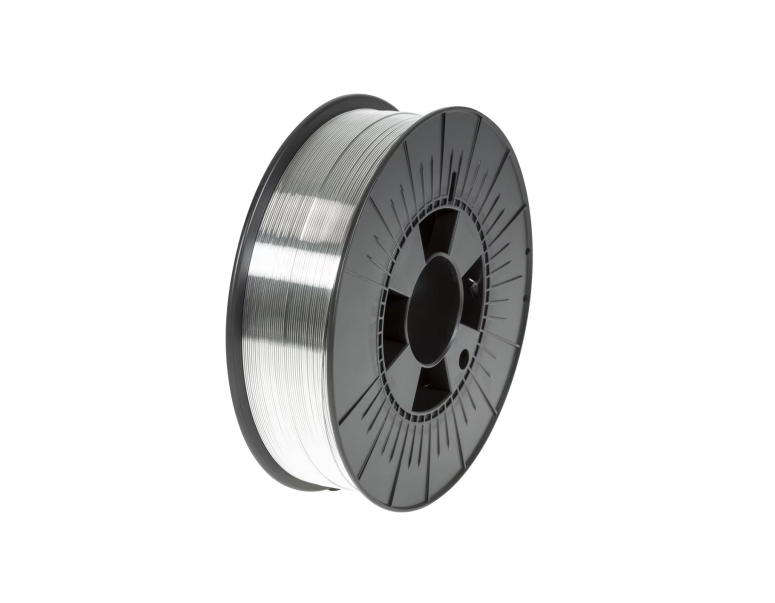 Ocean Lcl Freight Service Inconel 625 Wire from China to Chennai2025-09-30
Ocean Lcl Freight Service Inconel 625 Wire from China to Chennai2025-09-30 -
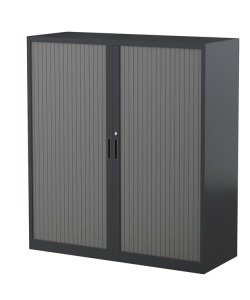 Ocean Freight Service Cabinet Door from China to Dar Es Salaam2025-09-29
Ocean Freight Service Cabinet Door from China to Dar Es Salaam2025-09-29 -
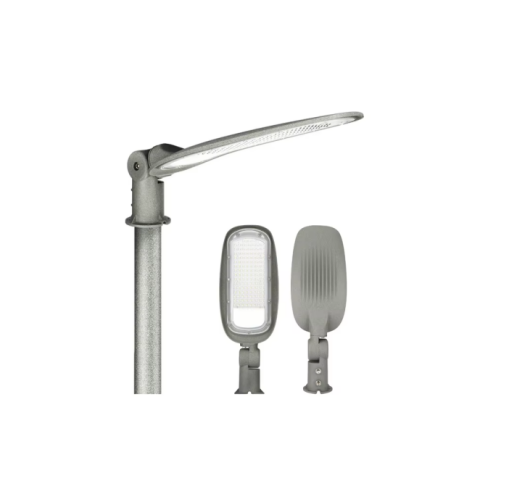 Door to Door by Ocean Freight Fixture Luminaries from China to Jeddah2025-09-28
Door to Door by Ocean Freight Fixture Luminaries from China to Jeddah2025-09-28 -
 Ocean Freight Service Sofa From China To Jebel Ali2025-09-26
Ocean Freight Service Sofa From China To Jebel Ali2025-09-26 -
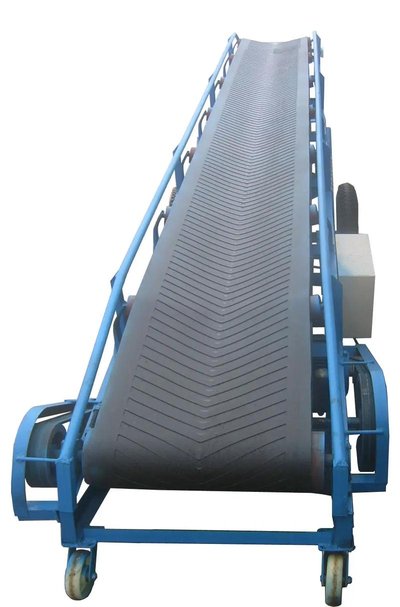 International Express Conveyor Belt From China To India2025-09-25
International Express Conveyor Belt From China To India2025-09-25 -
 Ocean Lcl Freight Service Medical Device From Shanghai to Jebel ali2025-09-25
Ocean Lcl Freight Service Medical Device From Shanghai to Jebel ali2025-09-25

